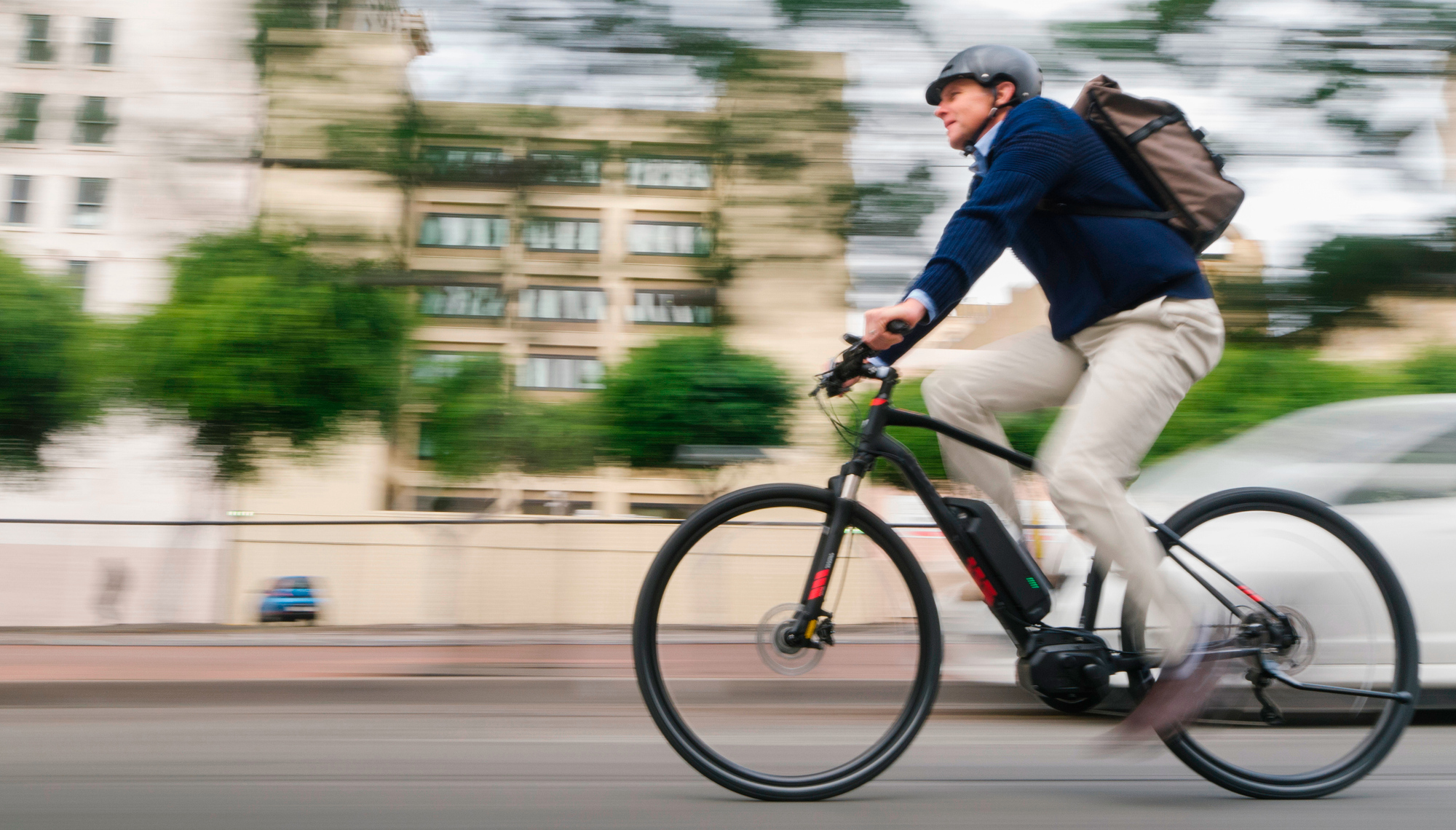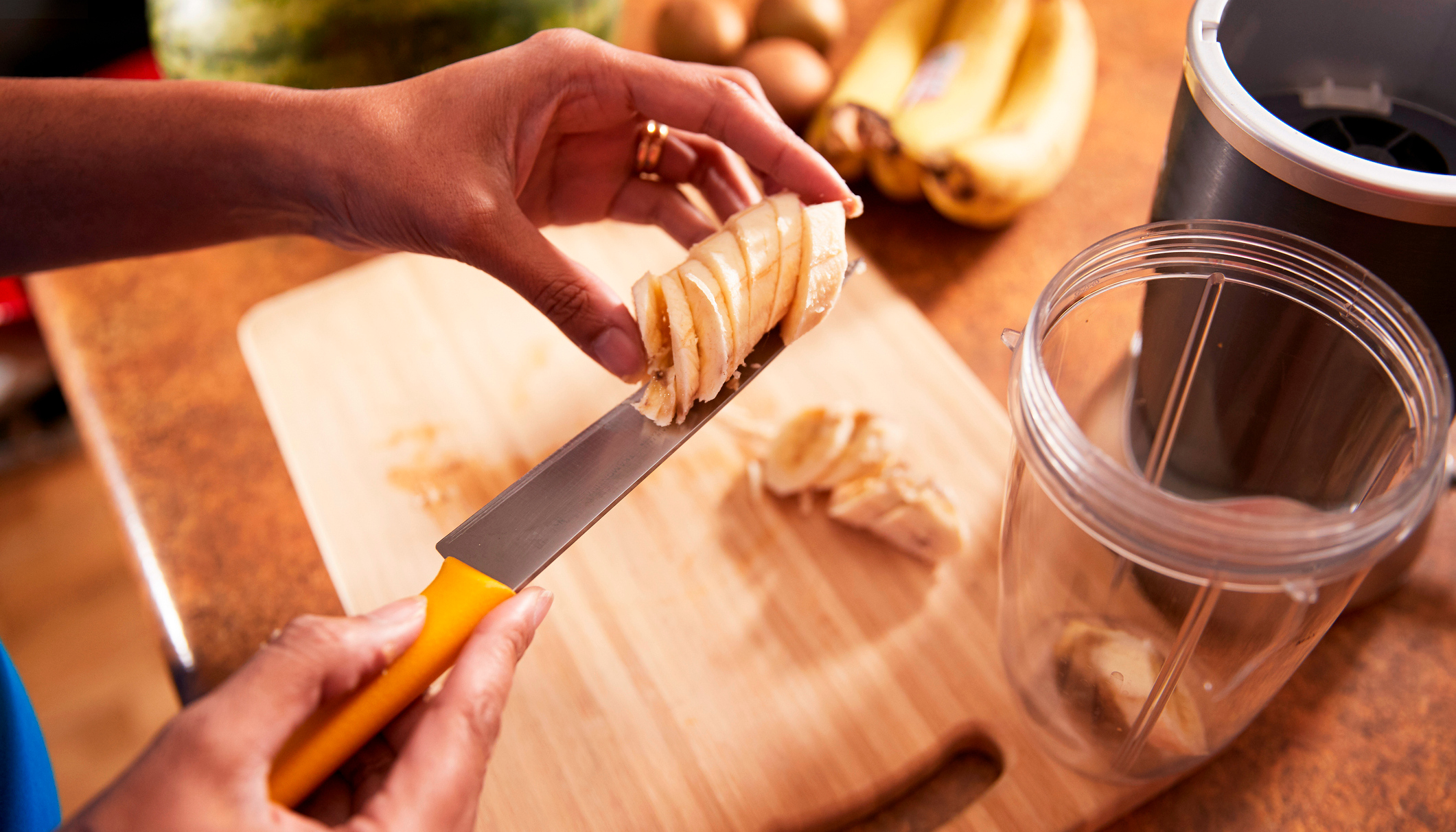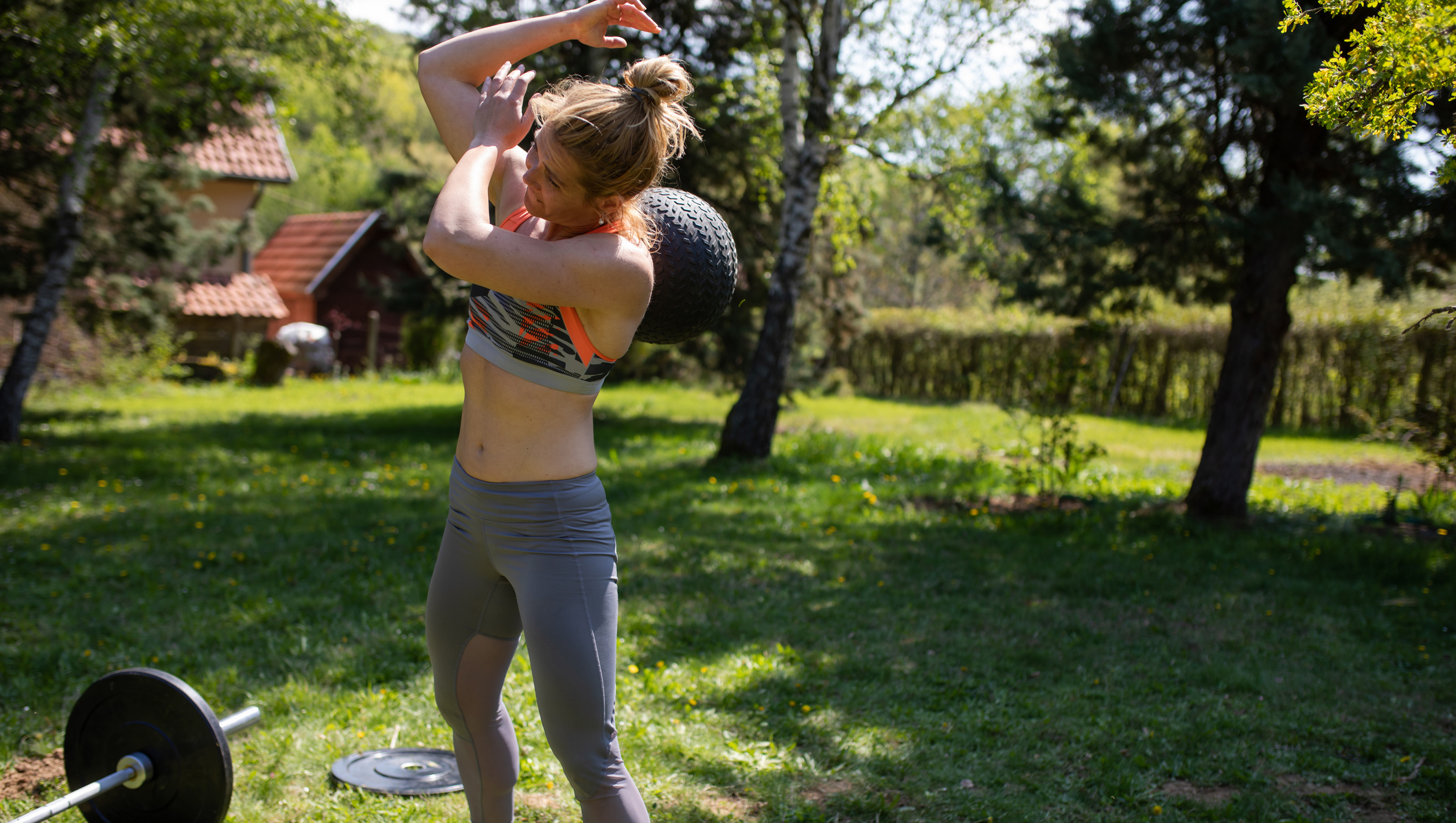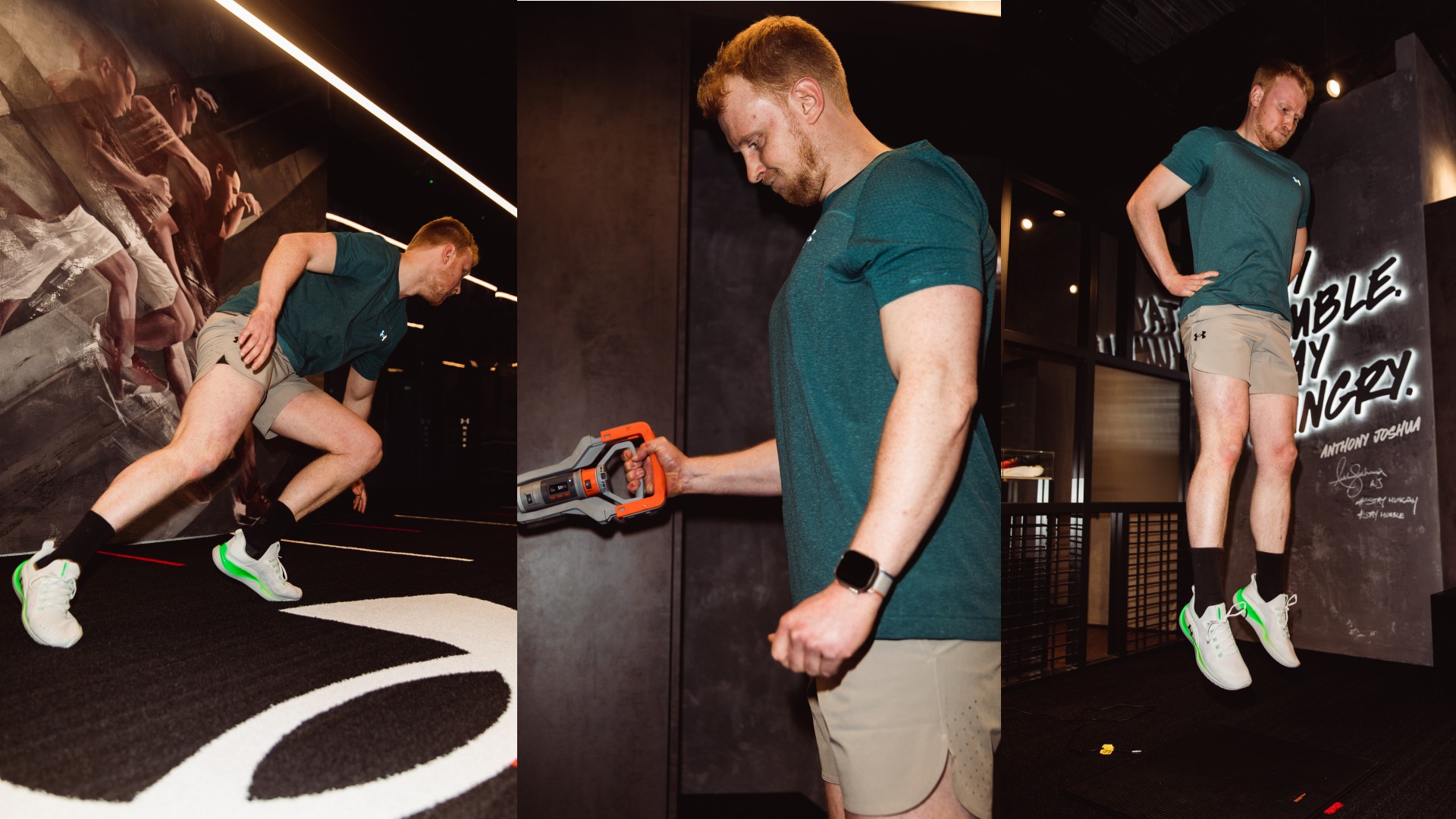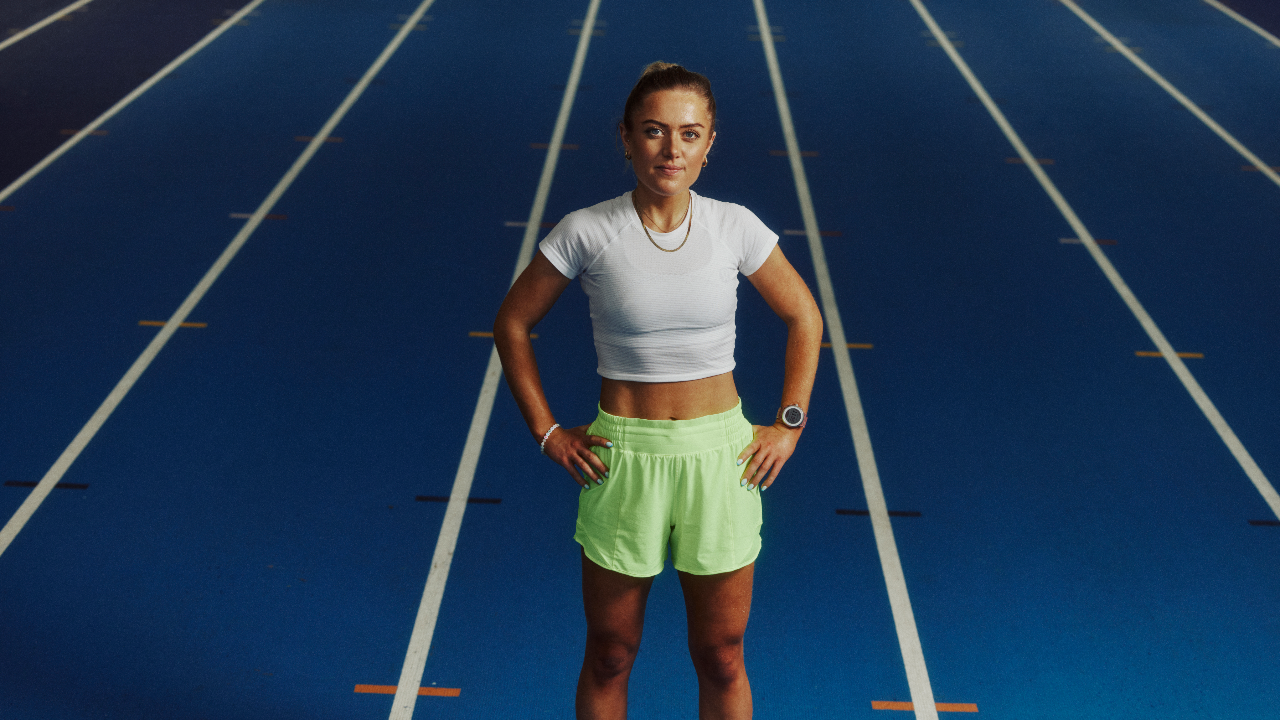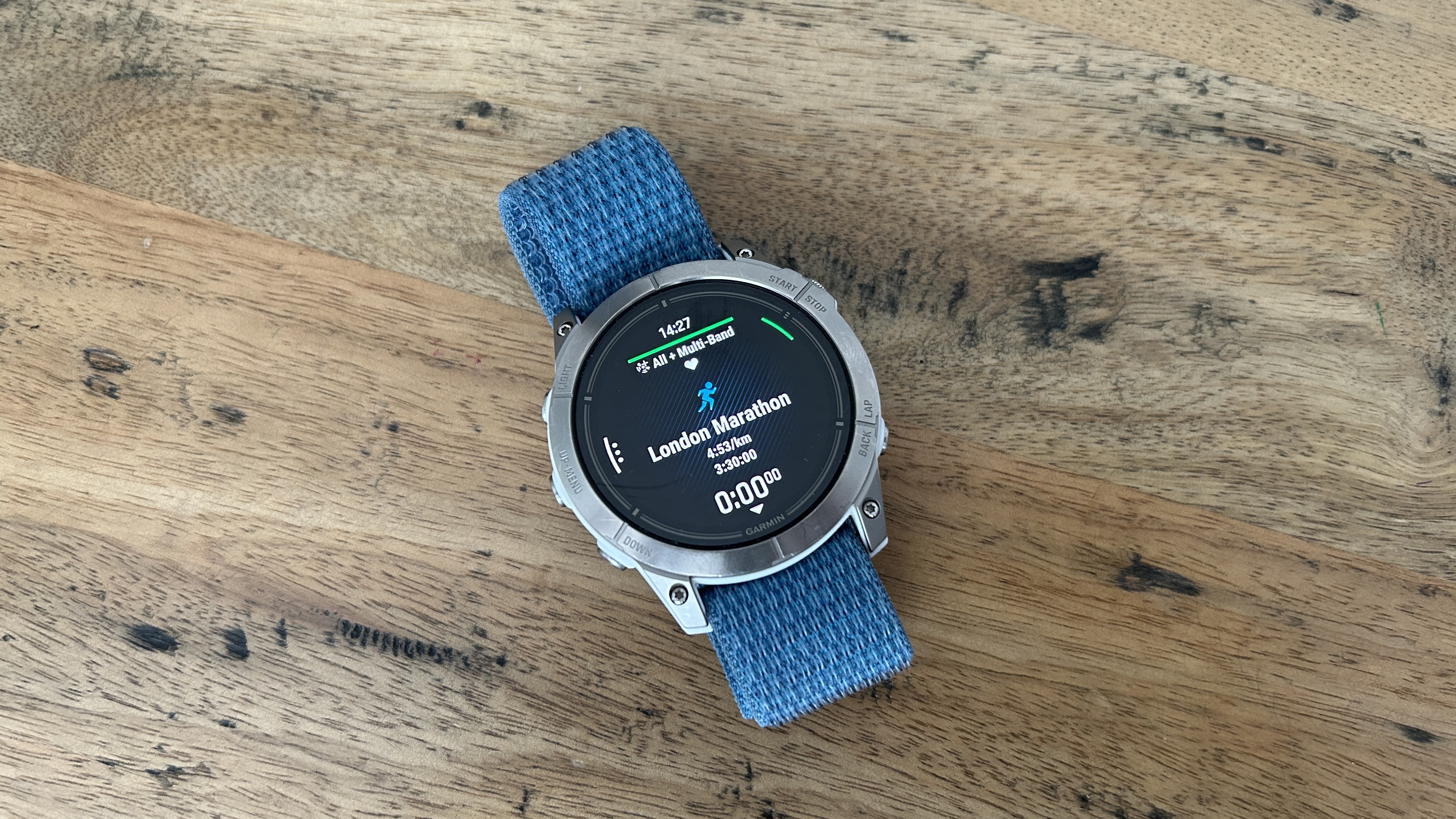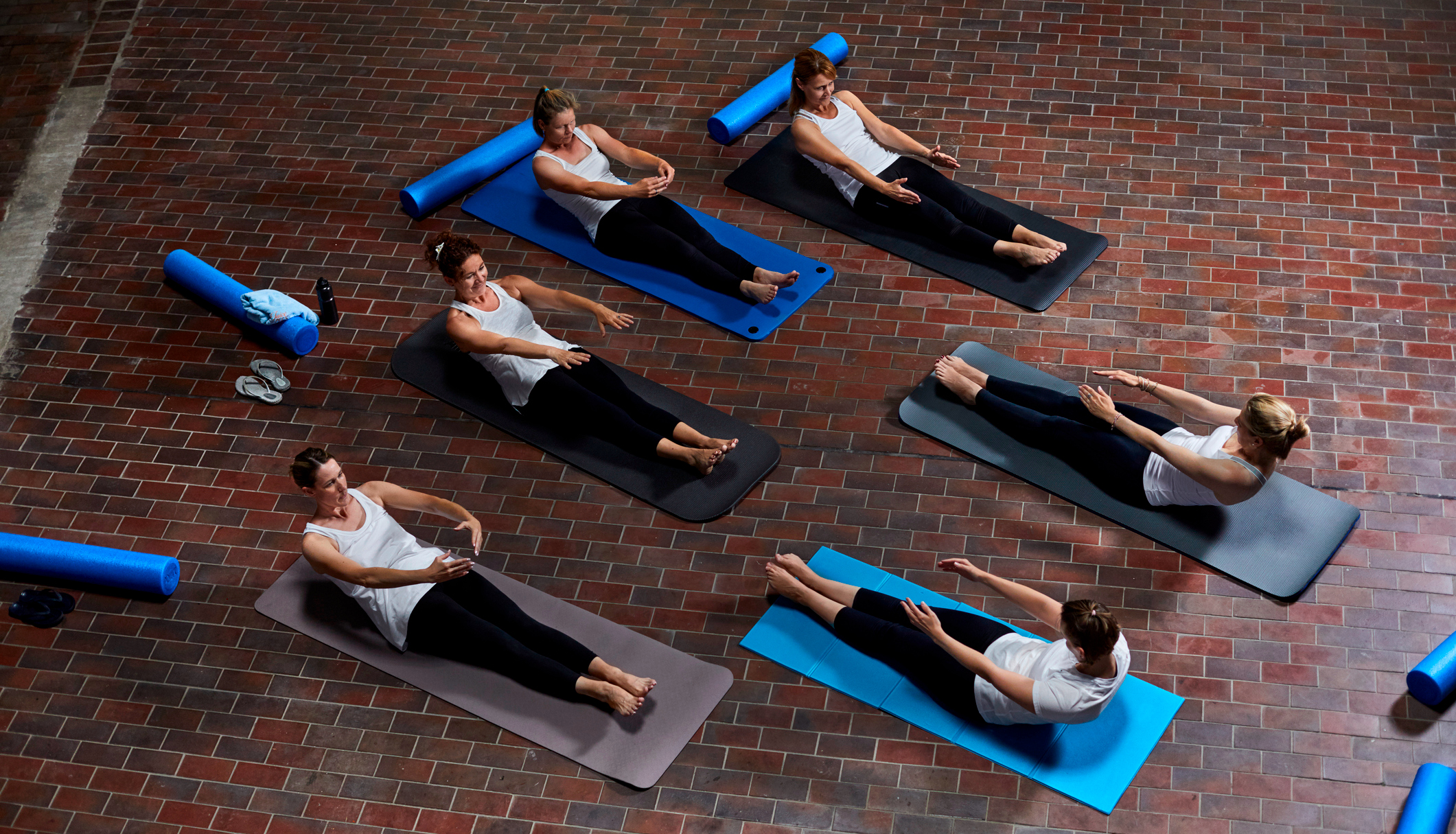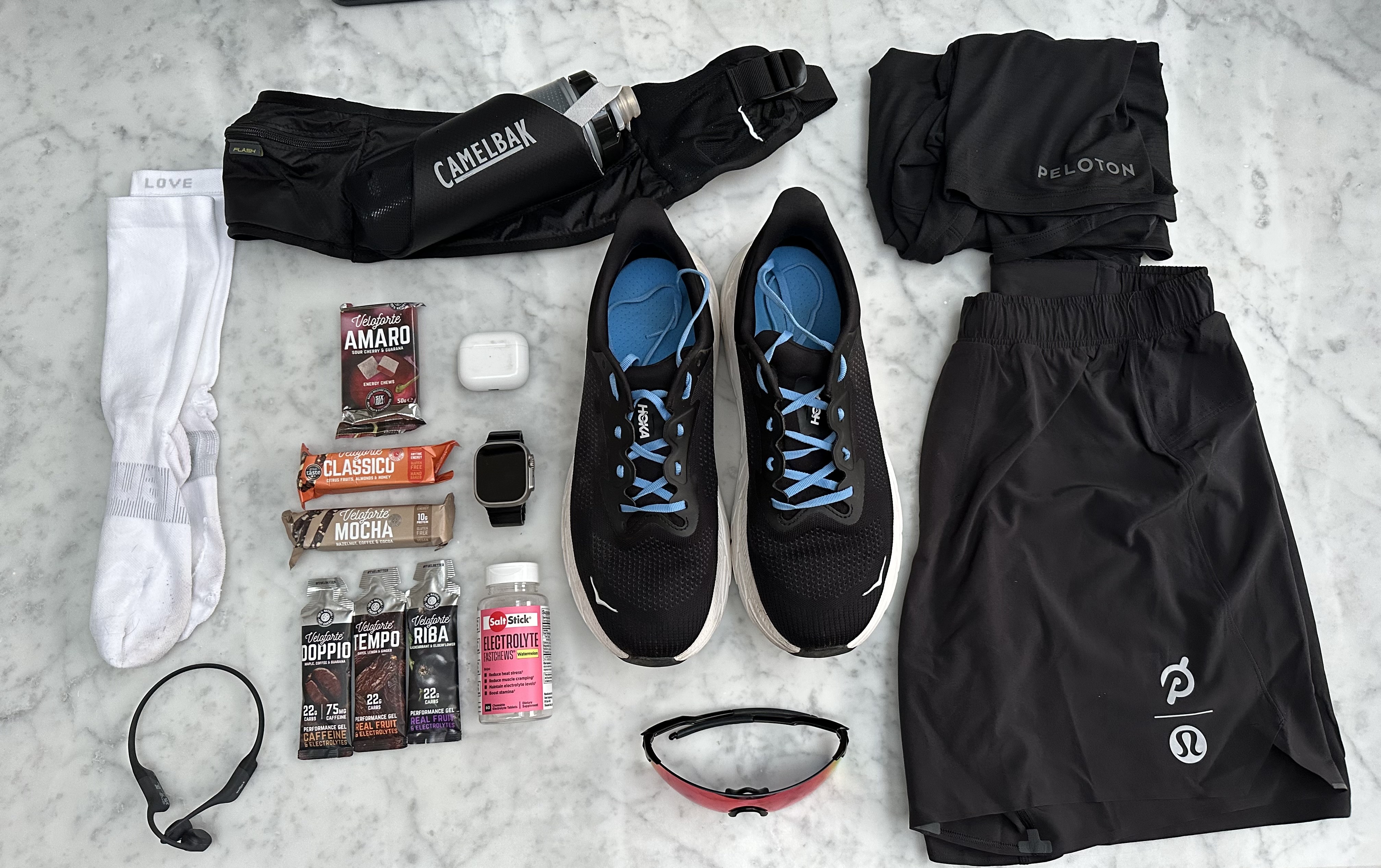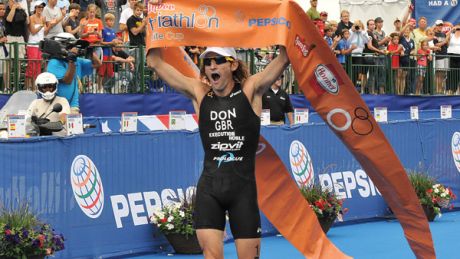
To win races you need everything to click at the right time. if you're not firing on all cylinders, then your best may not be good enough - that's the harsh reality of competitive racing.
And races don't come any more competitive than the Hy-Vee Triathlon in Iowa. With a total prize fund of $1m (around £650,000) and $200,000 going to the male winner, it's by far the most lucrative race in the calendar, so naturally it draws the very best athletes to its start line.
In 2010 it was a suitably stellar line-up: the world number one, Alexander Brukhankov, was there alongside the Olympic champion, Jan Frodeno, and the 2009 Hy-Vee Triathlon winner, Simon Whitfield. I went into the race in great nick and with sky-high confidence, having won the Blenheim Triathlon the previous week. And my good form continued.
After a strong bike stage I pulled away in the run and, despite hurting like hell, managed to hold on to the lead and win the race in 1hr 50min 20sec, four seconds ahead of Kris Gemmel from New Zealand. $200,000 isn't bad for a couple of hours' work.
Come together
Performing at the very best of your ability is about more than just being in great physical condition. In fact there are three key aspects that need to slot together for you to succeed: you need to be physically fit, you need to be in the right mental state, and you need to be completely sure about your tactical strategy.
All top professionals have mastered the mental side of racing, but it's something that many guys who race for the love of the sport overlook. Not only do you need to believe you can win, you also need to be prepared to deal with any obstacles on the road to victory.
The key is to try and control only what you can control. Don't worry too much about how the course will hold up or your competitors' training regimes - these are things you have no sway over, so thinking about them is a waste of time and will only stress you out, when it's more important you go into the event feeling happy, confident and relaxed.
But there are things you can do to help give yourself the edge. I always scout out the course about four weeks before the race. This lets me know where I can use my strengths to my advantage and, more importantly, minimise my weaknesses. if you can't walk the entire course check out the organiser's website, which should have a map showing the elevations and other things you need to know.
Tactical take
As a professional athlete I know my competitors' strengths and weaknesses pretty well by now. i know who will get a good start, who always has a strong finish and whom to keep a close eye on if I'm in a race-winning position.
This is how I work out my tactics. For instance, I know that if the swim goes well and I have a fast first transition, I'll be able to stay in touch with the leaders on the bike while biding my time to conserve energy. Then a fast second transition means I can go hell-for-leather on the run, my strongest discipline, which is exactly what happened at Hy-Vee.
For most amatueur athletes and fun runners you need only worry about your own race. You should know the parts of the course where you'll be strong so you can go on the attack, and where you may need to take your foot off the gas so you're in the best shape to go for broke towards the finish.
I guess one of the best ways to get better at racing is to do lots of races. It sounds obvious, but you learn so much from events and every one prepares you for the next. So whether your interest is in a 5K or an Ironman triathlon, my advice is just to sign up and start racing. You'll never look back.
Get the Coach Newsletter
Sign up for workout ideas, training advice, reviews of the latest gear and more.
For more expert triathlon tips buy the magazine, subscribe now and get five issues for £5.

